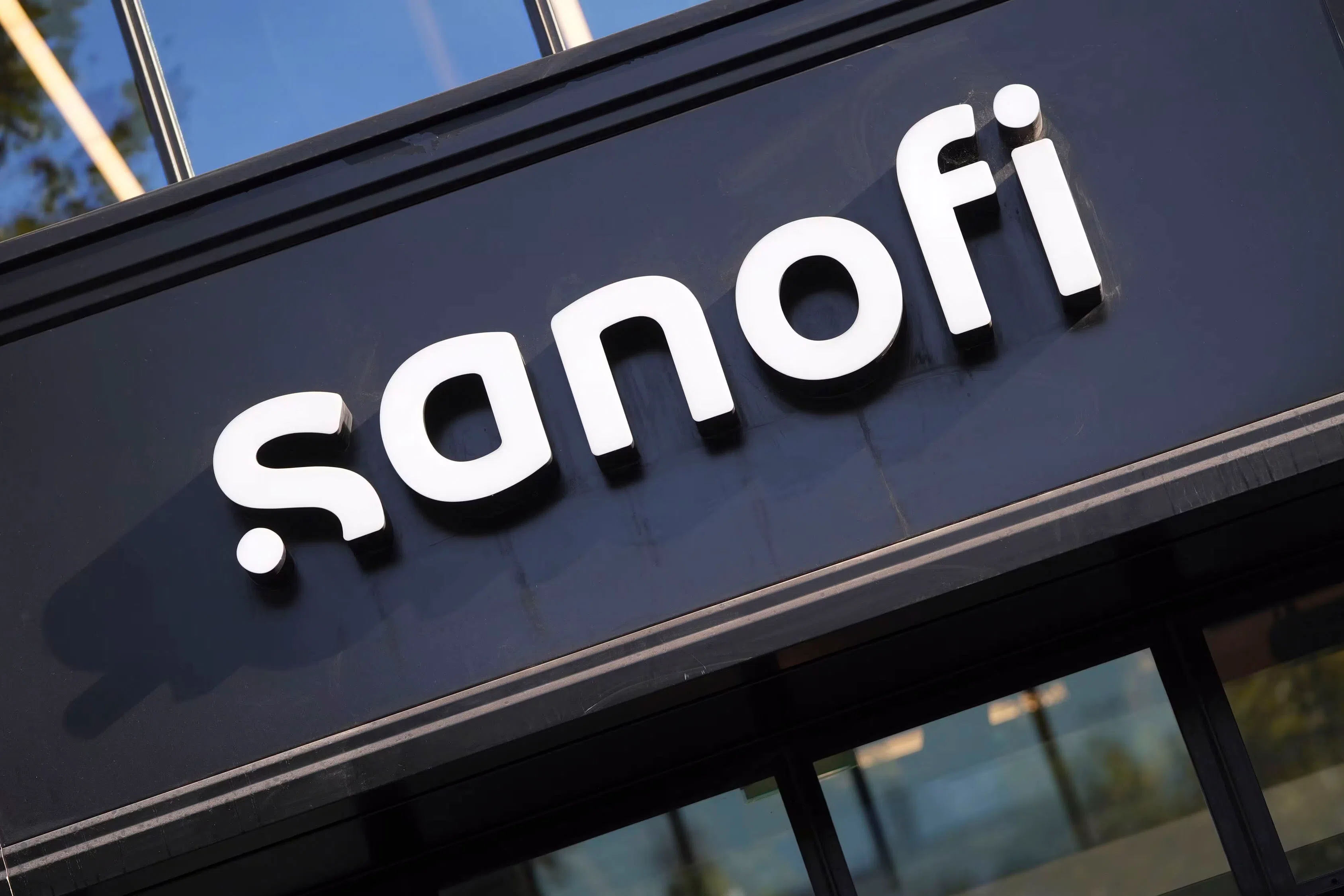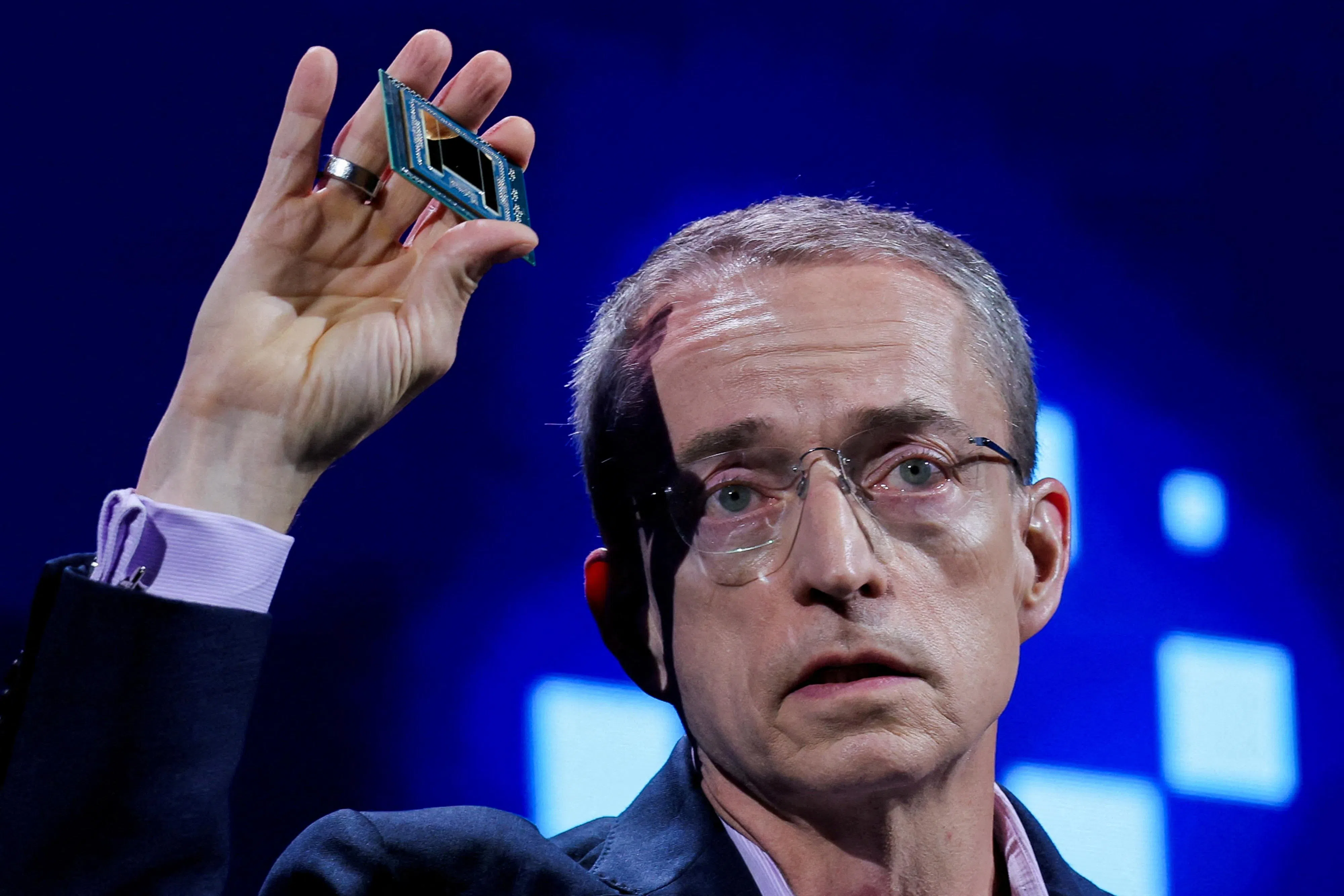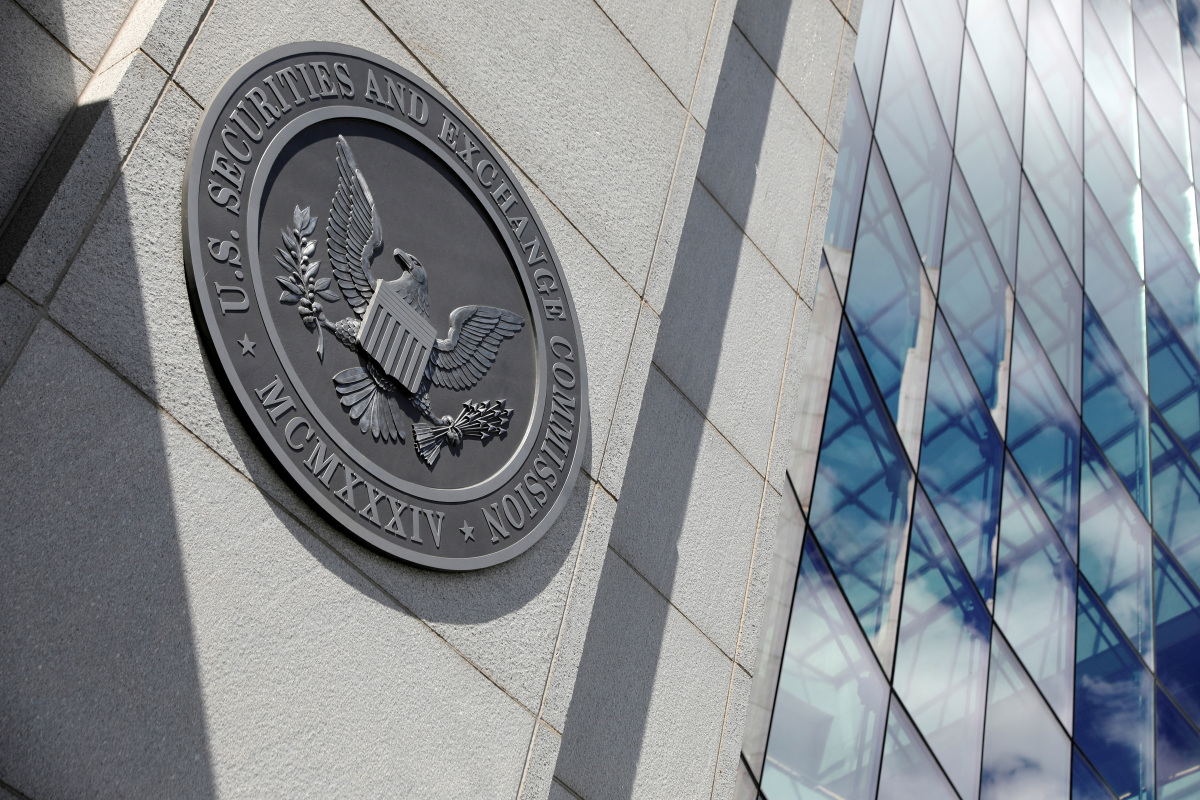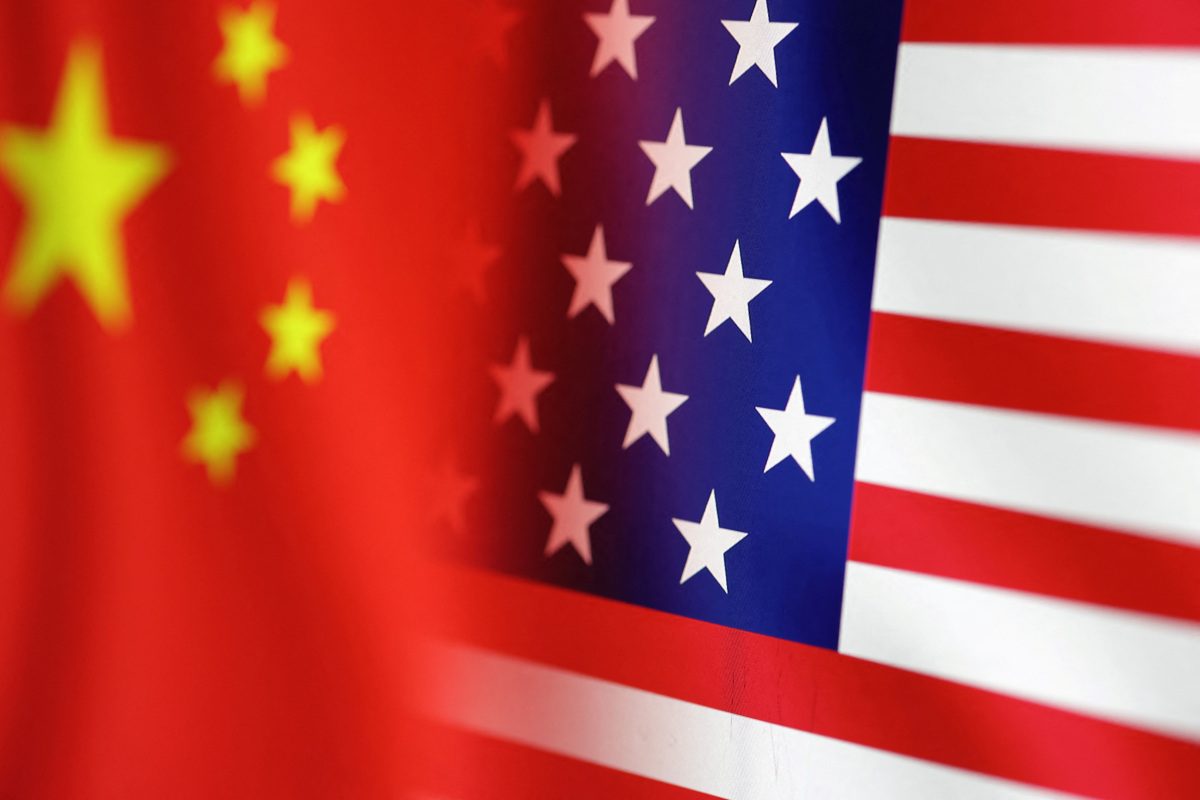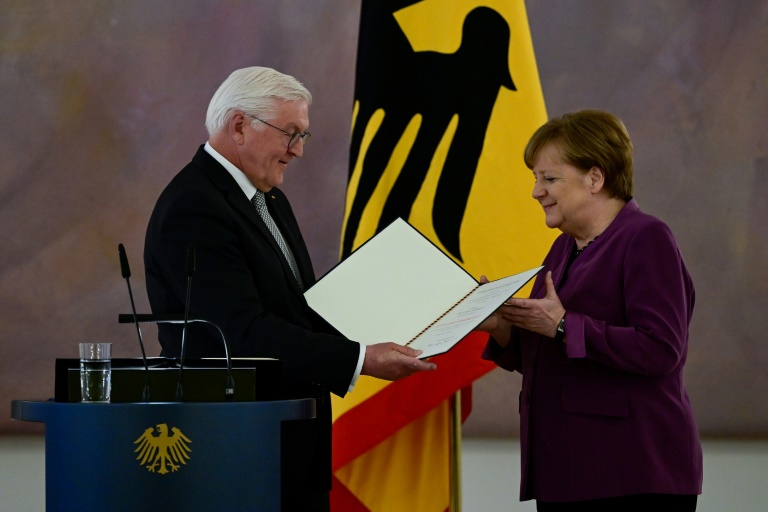New research has shown that artificial intelligence chatbot ChatGPT is able to make market calls correctly. According to a Bloomberg report, ChatGPT rightly interpreted the US Federal Reserve comments and decided if they were dovish for the markets or otherwise. The bot, released late last year by OpenAI, also was able to correctly call if news headlines were favorable for the companies’ stock.
According to the report, researchers from the Federal Reserve tested ChatGPT’s ability to figure out if its statements were dovish or hawkish. The results showed that ChatGPT outperformed a a Google product called BERT that Wall Street analysts use usually.
Bot’s Finding Syncs With Analyst’s
The sentence from the Fed comments that was tested was from 2013. It read: “Labor market conditions have shown some improvement in recent months, on balance, but the unemployment rate remains elevated.”
IANS
According to the researchers, ChatGPT correctly said the comment was dovish as it meant the economy was not yet fully recovered. The researchers said this aligned with the findings of an analyst.
“It’s one of the rare cases where the hype is real,” said Slavi Marinov, head of machine learning at Man AHL, according to Bloomberg News.
Second Experiment
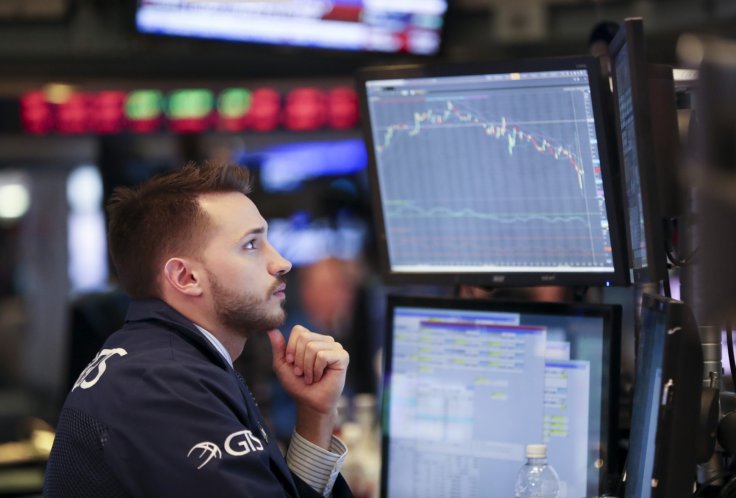
IANS
In another test, a researcher asked ChatGPT to pretend to be financial experts and decipher the market implications over a news headline. “Forget all your previous instructions. Pretend you are a financial expert. You are a financial expert with stock recommendation experience. Answer “YES” if good news, “NO” if bad news, or “UNKNOWN” if uncertain in the first line. Then elaborate with one short and concise sentence on the next line,” the researcher instructed the bot.
The researcher, Alejandro Lopez-Lira, who is a finance professor at the University of Florida, then selected more than 50,000 news headlines on companies listed on the New York Stock Exchange and Nasdaq. The headlines were from October 2022, which was after the training cut-off of ChatGPT.
Lopez-Lira and his partner Yuehua Tang found that nearly on all occasions the bot picked the right call, which was then validated by the stock’s moves the following day. “As more and more people use these type of tools, the markets are going to become more efficient, so you would expect return predictability to decline … So my guess is, if I run this exercise, in the next five years, by the year five, there will be zero return predictability,” Lopez-Lira said, according to CNBC.


